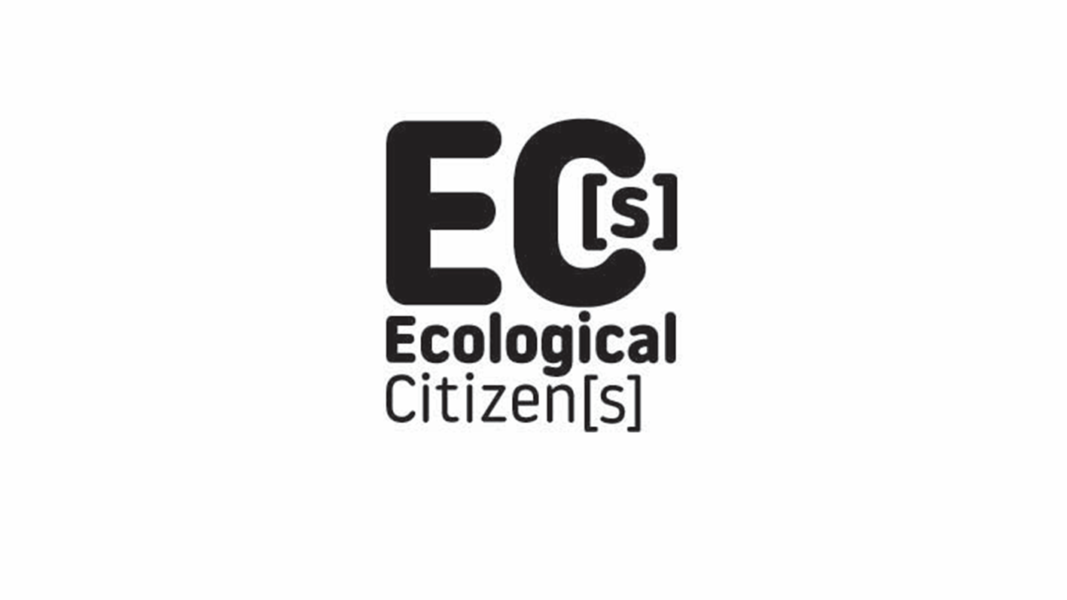
Specific need
Innovative project seeks legal support with “Housing for Good” charitable housing framework
Location
London
Organisation
Royal College of Art / Ecological Citizen(s)
Reference No.
25 675
What do they need help with?
Get Involved – Legal Experts Invited to Contribute
The team behind Housing for Good is inviting legal professionals to contribute to the development of a new, open-source legal framework designed to help charities and communities secure homes for public good.
Rather than building a large institution, Housing for Good aims to create a lightweight, adaptable platform — a collection of clear legal tools that any group can adopt, adapt or extend. These tools will support the gifting of assets (such as legacies, equity from downsizing, or other donations) to enable the creation of affordable housing linked to community benefit.
We’re looking for legal experts who are interested in:
- Advising on legal principles related to wills, covenants, charitable use, and asset protection
- Helping ensure individual legal instruments can function independently, while integrating within a broader framework
- Reviewing and refining draft templates for public use
- Contributing to a collaborative, open-source process that prioritises clarity, flexibility, and long-term impact
Whether you’re interested in a one-off contribution or a longer-term advisory role, your support could help shape a new model of community-led housing — grounded in generosity, trust, and purpose.
All contributions will be attributed (opt-in), and the final documents will be shared publicly under a Creative Commons licence.
Timeline
As soon as possible
About the organisation
The Royal College of Art (RCA) hosts the Ecological Citizen(s) Network+, a transdisciplinary research initiative combining design, digital tools, citizen science and sustainability to catalyse ecological action and citizenship.
The RCA team works in partnership with University of York’s Stockholm Environment Institute and Wrexham University, backed by national research funding.
Ecological Citizen(s) projects include work on social housing retrofit, exploring data integration to align building retrofit with occupant needs, and pilot programmes that support ecological justice, participatory design, land use, and community innovation.
The Housing for Good venture is a spin‑out collaboration between Geographer Dan Raven-Ellison and the RCA’s Dr Rob Phillips, aligning with the network’s mission: harnessing design, law, philanthropy and community agency to secure ecological and social benefit in place.
https://www.rca.ac.uk/research-innovation/projects/ecological-citizens-network
